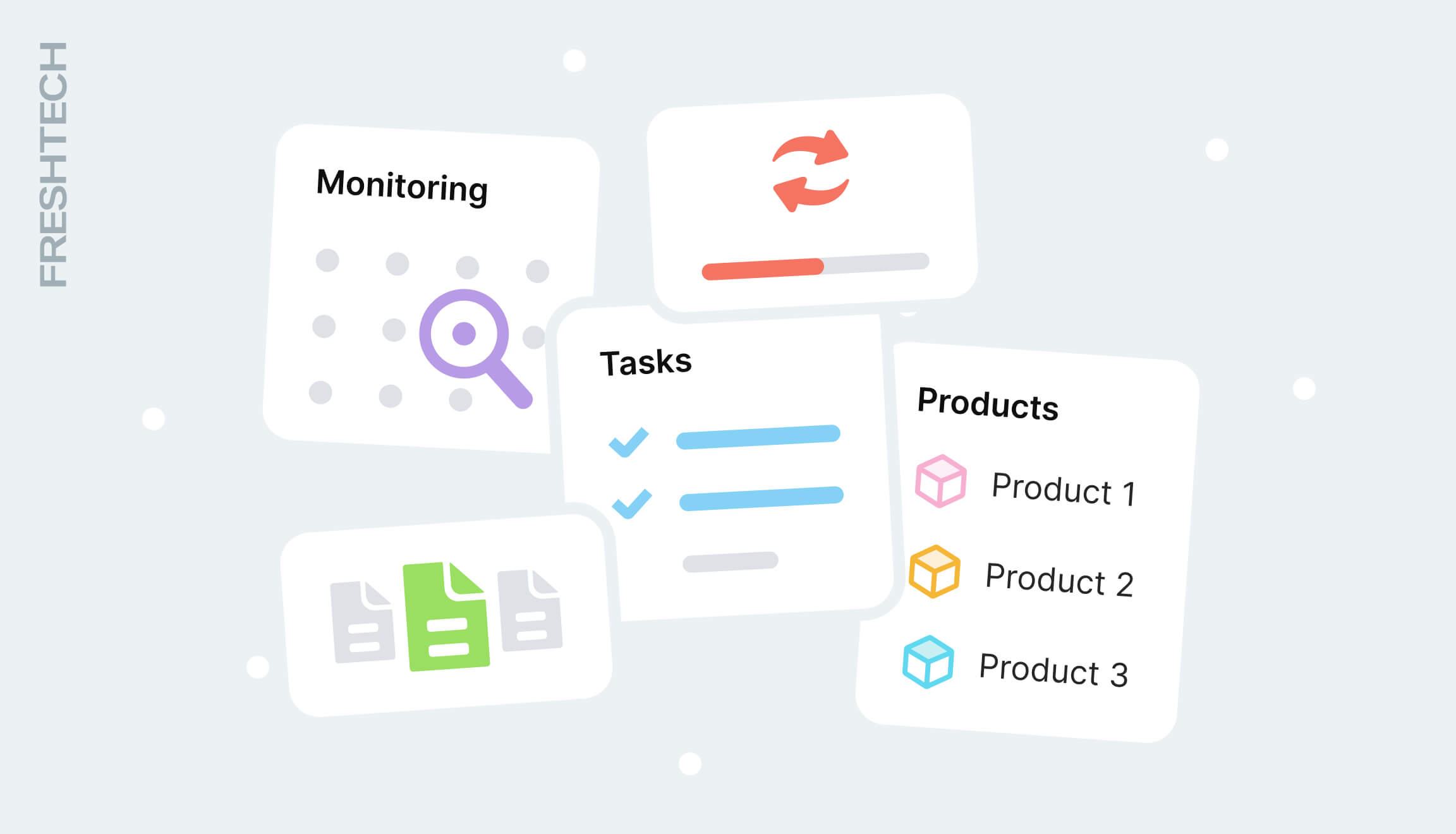How Mobile Apps Simplify Customer Interaction

The speed of communication directly affects whether a customer will return to a company. Today, being able to complete all necessary actions without calls or long waits has become a basic expectation of service. A mobile app simplifies the entire interaction process for both customers and the business. In this article, we explore how.
Practical value of the app for business
Instant access to information
Fast and convenient access to the information a user needs has become a basic expectation. Within the app, customers can immediately view product catalogs, answers to frequently asked questions, or the current status of their orders — without making calls or sending emails. This saves time and reduces the load on support teams, as all the information is available for self-service at any convenient moment.
Integrated feedback
In-app chat, request forms, and service rating features allow customers to leave feedback without using additional communication channels. This gives businesses the ability to track customer needs and respond quickly. The data collected during these interactions also serves as a foundation for improving the product and personalizing the service.
Push notifications
Push notifications tailored to users’ real actions allow you to send information at the moments it naturally fits their interaction with the service. These can include messages about promotions, new products or services, orders, or accumulated rewards. This approach increases repeat purchases and enables targeted, unobtrusive communication with the audience.
Personalized content and offers
Data on user views, purchases, and behavior patterns within the mobile app is collected and analyzed to create an individual profile. Based on this information, the system delivers content tailored to the user’s interests and stage in their interaction with the brand. This reduces information overload and makes communication more relevant. For example, it can suggest products similar to those already purchased or remind users to renew a subscription before it expires.
Omnichannel support
Integrating the app with messengers, social networks, and email lets you interact with clients in their preferred environment. Users can message via WhatsApp or Instagram, submit a request on the website, or use the app itself, and managers see everything in a single system. This ensures no contact is lost and allows the business to respond quickly, regardless of the channel.
What to focus on
Customer-centric approach
It’s important to consider user behavior and adapt business processes to real usage scenarios. This way, the product meets client expectations and becomes a genuinely useful tool rather than just another digital service.
Simple and intuitive UI
A clear information architecture and logical navigation form the foundation of a smooth user experience, as no one wants to spend time searching for the right features. Well-structured layouts, straightforward actions, and minimal unnecessary steps make the service much easier to use.
Regular app updates
Updates to features and content should be driven by real data — from user behavior metrics to A/B test results. This ensures the app meets current standards and remains relevant within its niche.
With direct access to services and omnichannel support, mobile apps make customer interactions faster and simpler. They reduce intermediate steps and allow processes to be managed in just a few taps. Having a dedicated app gives businesses full control over functionality, security, and data collection, while also enabling integration with internal systems.
If you’re planning to implement a mobile app for your business, leave your contact details in the form. Our manager will get in touch and recommend the best solution for your company.




















